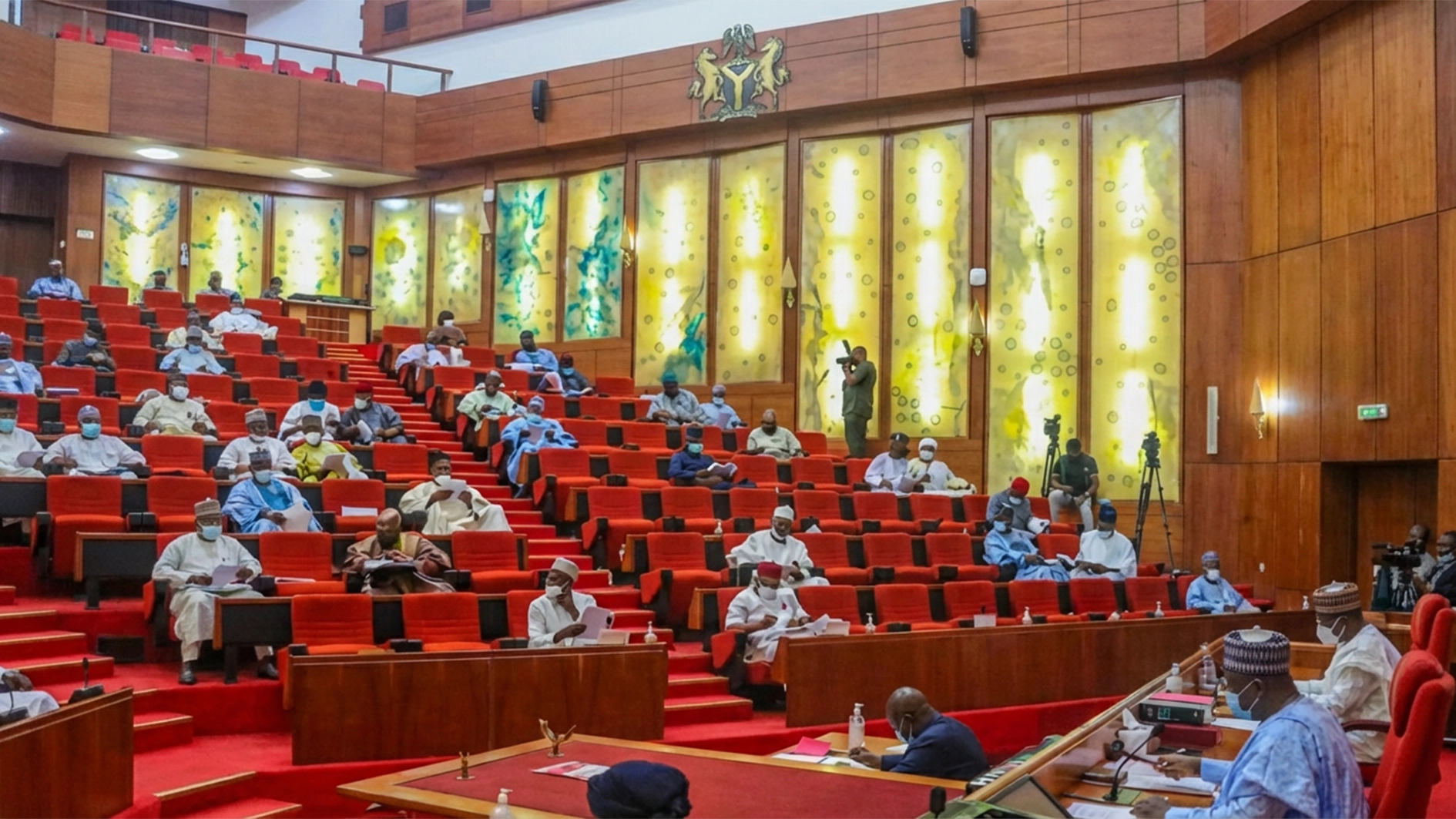
Upon independence from Britain on 1st October 1960, Nigeria, adopted parliamentary democracy, as distinguished from presidential democracy, as its political system.
Parliamentary democracy, in the sense in deployed in this treatise, is a proven model developed in Britain and used across swathes of the Commonwealth and other nations including Canada, Italy, Japan, Latvia, The Netherlands, and New Zealand to name a few.
As is implicit in the name, it reinforces parliamentary supremacy in democratic governance. Here, the political party with the largest number of parliamentary seats or parliamentary coalition is entitled to govern the country pursuant to relevant constitutional arrangements in the particular nation.
The conventional orthodoxy is that the leader of the party with the largest number of parliamentary seats is elected or appointed as the prime minister or first minister of state by the relevant constitutional authority.
That nomenclature varies from country to country operating the system. The title does not inexorably confer absolute powers on the prime minister, however, it certainly confers significant powers on the holder of that office. In that sense, the prime minister is a primus inter pares or first amongst equals when applying the principles of cabinet collective responsibility as evinced in section 90 (1) of the 1963 Nigerian Constitution.
In a parliamentary democracy, the prime minister is first elected as a member of the national legislature or parliament, and then he or she is elected by members of his own party as prime minister subject to his party gaining a commanding majority at national elections. Inferentially, a key feature of parliamentary democracy is that it entails an indirect election by the general voting public.
By convention, the prime minister in this model is a leader of the executive arm of government and, because he is an elected member of parliament, he is a member of the national parliament. This immediately invokes the reality that parliamentary democracy constitutes an exception to the kernel of constitutional law on separation of powers as between the independent legislative (parliament), executive and judicial arms of government.
Nigeria was a parliamentary democracy upon independence as evinced by the provisions of the said 1963 Nigerian Constitution, which conferred huge powers on the Prime Minister, reinforced regional government and whilst embedding a significant degree of internal autonomy.
Parliamentary democracy was brought to a shuddering finale following the bloody military coup d’état of January 15, 1966 which established unitary (centralized!) military rule pursuant to the pernicious Decree 34 of 1996.
Imperfect as it was, parliamentary democracy had, and still has, striking advantages. One, it is truly democratic in that it meaningfully facilitates proportional representation.
Two, it facilitates the building of political coalitions. That way, the diverse interests of the general voting public are better represented in parliament. To illustrate this specific point, Nigeria’s First Republic (1960-1966) witnessed a range of political coalitions.
In the 1959 federal elections, none of the 3 main political parties – the Action Group (AG), the National Council of Nigeria and the Camerouns (NCNC) and the Northern Peoples’ Congress (NPC) secured an overwhelming majority. That prompted the NCNC and NPC to forge a political alliance, which subsequently produced Nigeria’s first President, Prime Minister; the AG became the main opposition party.
Three, it affords demonstrable accountability and transparency through in-built parliamentary checks and balances.
For instance, subject-specific parliamentary committees, often chaired by opposition party members, with a diverse membership, proactively evaluate and scrutinise the expenditure and performance of each department of agency.
In addition, the Prime Minister is expected to completely master his brief and accurately answer parliamentary questions on any aspect of government policy on a weekly basis; as happens in the British “Commons” bicameral parliament on a weekly basis.
If he fails to do that, he risks removal on the grounds of incompetence, concealment of material facts and/or misleading parliament following failure in a vote of no confidence. This is not to suggest that a parliamentary democracy is a utopian ideal; it is not! Nevertheless, it is a model, which has withstood the test of time.
Four, it is a relatively cheaper democratic model compared to the presidential (federal) model. For one, taxpayers limited and shrinking resources, especially given the global economic downturn and sub-optimal productivity in the case of Nigeria; which ought to be spent on priority programmes like education, health care delivery, housing, transport infrastructure, regional policing is not, counter intuitively, expended on the costs of servicing legislatures in 36 states and at federal level.
Five, government is closer to the people in that it heightens the role of regional/local authorities in frontline service delivery
Now, to the presidential (federal) model. For 13 years from 1966 to 1979, interspersed by a bloody civil war, 1967-1970, a succession of coup d’états, Nigeria was ruled by a succession of military leaders and diktat. On October 1, 1979, the country reverted to democratic rule and adopted the presidential democratic model from the USA.
Incidentally, America, unlike Nigeria, is a country with a relatively homogenous culture; English is the predominant language and, over the years, has been the economic powerhouse of the world.
Through 2000 and 2021, USA GDP rose from $13.1 trillion to $19.4 trillion. Nigeria’s GDP rose from $69.4 billion to $440.7 billion in the same period.
The economic disparity on this criterion alone could be clearer. Plus, America gained independence on July 4, 1776, a whole 184 years before Nigeria and has therefore had first mover leverage in refining its presidential democratic model.
Nigeria on the other hand, does not and has never had a homogenous culture. It has over 200 ethnic groups and languages neither does the country have a sufficiently diverse economy.
Over the last 40 years, the country’s main export and largest source of foreign exchange is crude oil.
In other words, the country has a mono-cultural economy subject to the dynamics of global market forces for commodity prices.
Again, the civilian presidential democratic dispensation of the Second Republic was terminated by military rule on December 31, 1983. It took the best of 16 years for Nigeria to return to civil government in 1999, the Third Republic, again under a presidential democracy!
In a presidential democratic model, unlike parliamentary model, the general voting public directly elects the president who is constitutionally conferred with enormous powers and acts as the Commander in-Chief of all the armed forces. And while conceptually, the doctrine of separation of powers applies as between the executive, judicial and legislative arms of government, constitutionally there are occasions where the president, and head of the executive arm of government, can legitimately override decisions of the judicial arm of government, including the power over life and death. In this sense, the notion of a strict separation of powers happens to be a constitutional mirage.
Evidence for this proposition can be gleaned from the section 175 (1) (a) and 175 (1) (b) of the Constitution of the Federal Republic of Nigeria 1999 (as amended). They establish that the President may “grant any person concerned with or convicted of any offence created by an Act of the National Assembly (Parliament) a pardon, either free or subject to lawful conditions”; “grant to any person a respite, either for an indefinite or specified period, of the execution of any punishment imposed on that person for such an offence.”
Notwithstanding the enormous powers conferred on the chief executive in a presidential democracy, the model is laden with significant limitations. It is an extremely expensive political model and begs the question as to whether a country like Nigeria, saddled with enormous debt burdens, can afford it. How, for example, will the financing of 36 legislative houses, a bi-cameral national parliament, the costs of administering a de facto unitary federal state, be met in the absence of devolved powers catalysing the ability of the regions to independently general revenue as obtained in the 1963 Republican constitutional framework?
Section 76 (3) thereof established that the powers conferred upon Parliament “shall not include powers to: (a) establish a purchasing authority for a region; (b) confer on any person or authority, power to acquire in a Region any commodity for export from Nigeria from any person in that region other than a purchasing authority established for that region by the legislature of that region; (c) regulate prices to be paid by a purchasing authority established by the legislature of a region for commodities for export.” This provision reinforced regional autonomy and rational income generation proposals at regional/local.
In a parliamentary democracy, a president or prime minister can be removed relatively easily, upon failing a motion of no confidence in parliament or for gross misdeeds. Indeed, section 38 (2) (b) of the 1963 constitution provided that a president could be removed upon a signed motion of a quarter of the members of the Senate or the House of Representatives.
The 1999 Constitution, underpinning the extant presidential democracy on the other hand, provides extremely laborious processes for removing a non-performing president.
For example, section 143 (4) of the 1999 constitution provides that a motion of the National Assembly for impeaching a President “shall not be declared as having been passed, unless it is supported by the votes of not less than two-thirds majority of all members of each House of the National Assembly.” In short, an incompetent president or prime minister cannot be easily removed from office.
In summary, my recommendations are for Parliament to consider adopting parliamentary democracy as against a presidential democracy, on the grounds of efficiency and fitness for purpose especially given the multi-ethnic and heterogeneous dynamics of Nigeria’s demographics. Priority should be accorded simplifying the procedures for removing incompetent presidents/prime ministers and make government genuinely accountable to the people.
Likewise, consideration should be given to amending the provisions of sections 175 and 212 of the 1999 on the prerogative of mercy and ensuring that power does not automatically rest with the president or governor, but with an independent panel which is unlikely to be swayed by legitimate public concerns of partisan influences in determining who benefits and who doesn’t benefit from the said provision.
Constitutional revision is thus a question of when not if. It is against this backdrop that the British philosopher, Edmund Burke’s stirring words at the top still make perfect sense: a state without some means of change is without the means of its conservation.
Ojumu Esq is the Principal Partner, Balliol Myers LP, a firm of legal practitioners based in Lagos, Nigeria.






